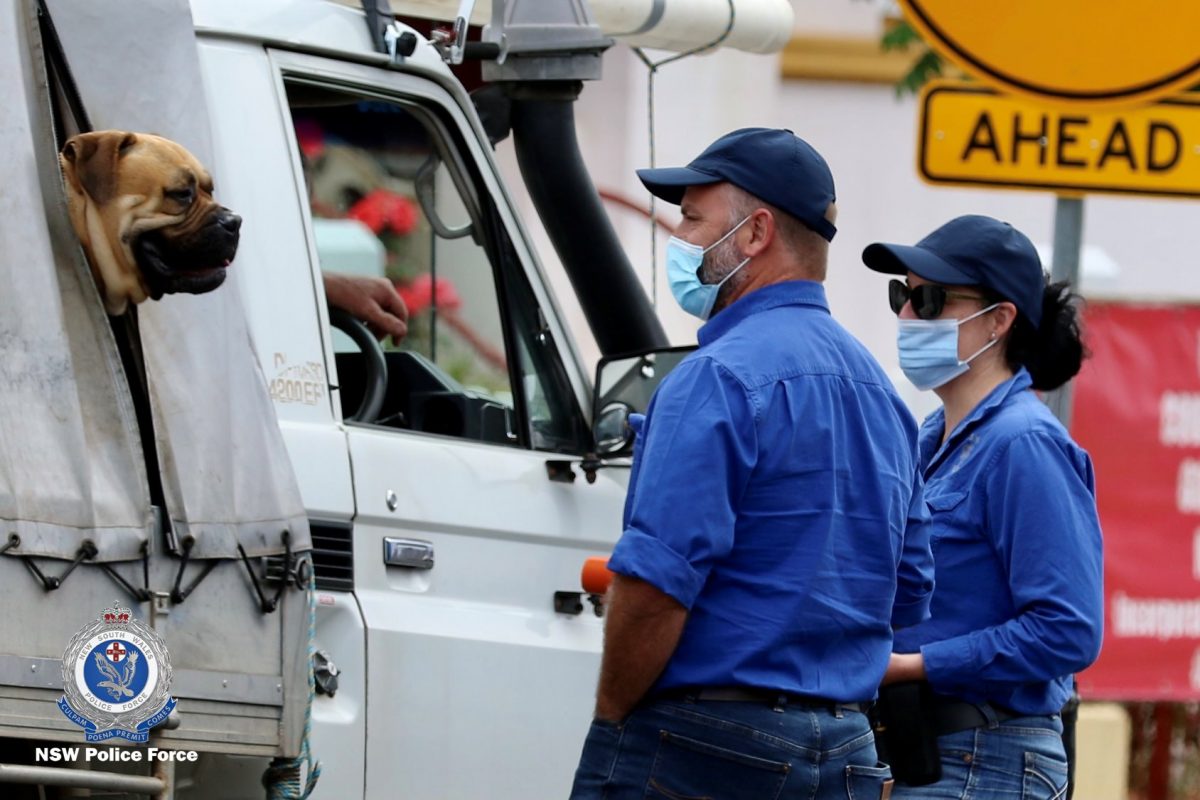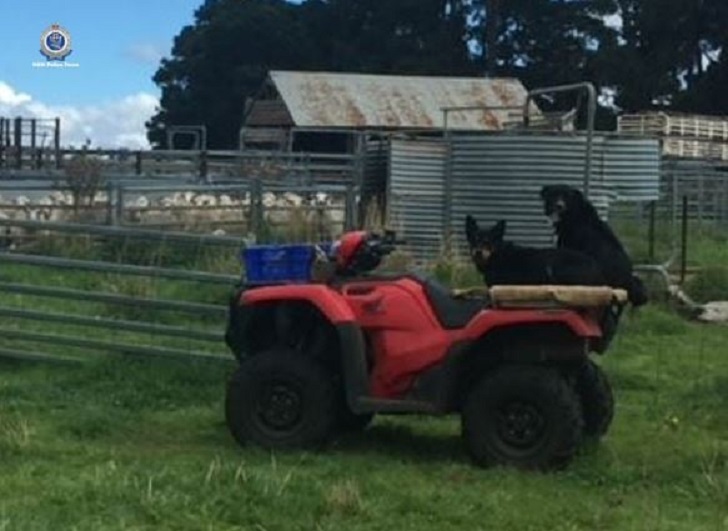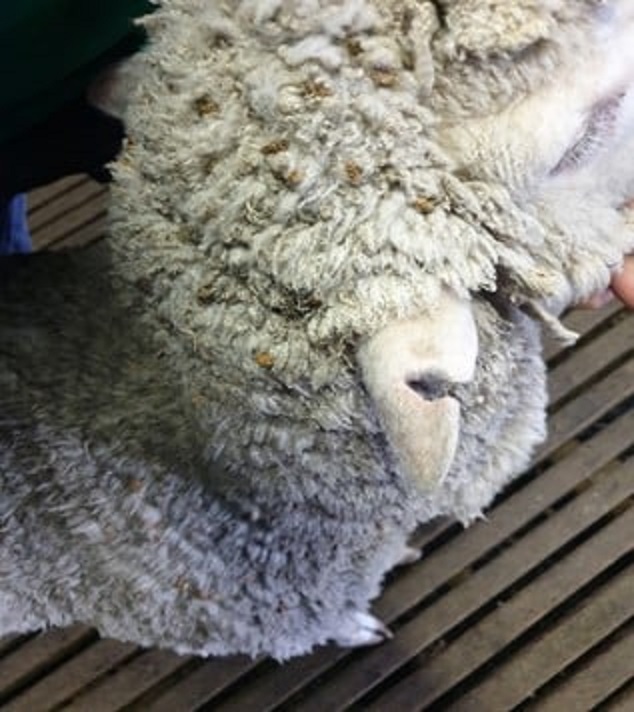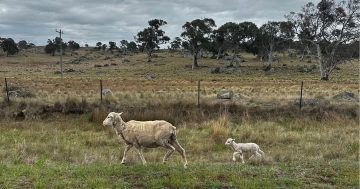
Rural crime prevention officers investigate a range of illegal activities including illegal hunting, trespassing and checking stock movements. Photo: NSW Police.
Guns stolen from a safe following a break and enter in Googong, 450 head of sheep presumed stolen from Godfrey’s Creek, four weaner Bison steers missing from a property in Tumut and a red quad bike taken from a farm near Bombala.
These are just some of the crimes being investigated by the Southern Zone Rural Crime Prevention Team.
Led by team coordinator Detective Sergeant Mick Calleja, the officers are dedicated to solving these crimes that often have a “major impact” on farmers and their families.
“Rural crime is any crime that impacts the agricultural and pastoral industries,” Det Sgt Calleja said.
“Equipment theft, such as quad bikes, chainsaws and fencing equipment is a big one in the region, as well as traditional livestock theft.
“These are often worth quite a lot of money and can either be used by the criminals themselves or disposed of for money or other goods.”

Quad bike stolen from a property on the Monaro Highway at Ando (north of Bombala) between 6 and 14 April. It’s described as a red Honda TRX600 (2017 model). Photo: NSW Police.
University of New England’s Centre for Rural Criminology released its NSW Farm Crime Survey 2020 last year, which found 81 per cent of farmers surveyed had been a victim of crime.
According to the report, the most common crimes across the state were trespass (56 per cent), illegal shooting/hunting (46 per cent), theft of livestock (44 per cent), break and enter (36 per cent), theft of equipment and tools (32 per cent), property damage (26 per cent), theft of farm inputs (24 per cent), dumping of rubbish (22 per cent) and harm to animals (19 per cent).
It also stated stock theft alone costs NSW farmers about $60 million each year.
“Livestock theft can have a major impact, as a lot of farming businesses solely deal with producing livestock; it’s their sole income,” Det Sgt Calleja said.
“We’re finding especially when the price of livestock is quite good, it can and has made stealing livestock much more attractive.
“Imagine if you had 100 head of sheep stolen, that’s a fair chunk out of landholder’s income, and sometimes they’re not insured for that.”

In April 450 head of sheep are believed to have been stolen from a Godfrey’s Creek property. They all have the pictured ear mark. Photo: NSW Police.
Between 3 April and 14 April, 450 head of 10-month-old Merino Wethers were reported missing from Godfrey’s Creek in the Hilltops region, suspected to be stolen. The lambs have a clover-shaped ear mark in their left ears and a yellow ear tag with Property Identification Number NH6311181 in their right ears.
Det Sgt Calleja said such markings made locating animals easier, but it was still a mammoth task as officers comb through sale yards, sale trucks on roadways and any other locations animals could be passed on.
Figuring out when a crime was committed is also challenging, as property owners may not necessarily live onsite or don’t have the capacity to check every inch of their land every day.
Det Sgt Calleja had some tips for farmers to help make it more difficult for their stock to be stolen and to help narrow down when they may have been taken.
“Along with marking stock, secure your property as best you can with padlocks and chains, and secure your livestock yards as well so they can’t be used to load up and take away your stock,” he said.
“Gateways that have access onto public roads, have them locked to prevent easy access. If chain and padlocks are broken, that can signal something isn’t right and prompt you to see if something is missing sooner.
“Also put signage on your boundaries saying ‘private property’ and ‘no trespassing’, say you are using surveillance devices even if you’re not to deter [criminals] and look into hardwired CCTV or transportable security camera options.”
Landholders are also urged to secure their machinery and valuables, store them in lockable sheds, take keys out of vehicles and record the serial numbers of valuables to make them easier to trace.
Det Sgt Calleja also flagged illegal hunting and trespassing as issues in the southern community. While these may not have a monetary impact on landholders, he said it can have a devastating mental toll.
“The social impact is huge; it puts fears into those landholders; they can constantly be dealing with unknown people visiting their properties at all times of the day, usually with firearms,” he said.
“This can be a scary thing, especially in the evening in the dark when you hear a gun and you don’t know where it’s been discharged.”
As the investigations continue, Det Sgt had this message to those responsible:
“Stop and consider the impacts you’re having on your victims,” he said.
“We as police will do everything in our power to identify you and put you before the courts.”








